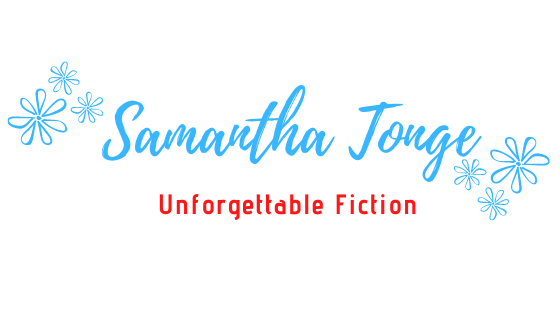It’s exactly 40 years ago this month that I began university.
And 40 years since everything changed big time for my eating.
I read a comment on social media recently, the gist of which was:
“If you have challenges and aren’t aware of them, you sure are going to be at university.”
True for me – away from home, away from the structure and support I was used to, by the end of that first term an eating disorder had dug in, triggered by a relationship that ended. In time, I’ve understood myself better and seen that the clues where there when I was younger. Disordered eating was always on the cards.
I became anorexic and bulimic. Then had periods of binge-eating and restrictive eating that have tormented me to this day. No one knew much about eating disorders back in the 80s. I finally saw a GP. “Go away and eat normally” they effectively said. I was in utter despair. And things haven’t changed much, even now, for those suffering from eating disorders but at a normal weight (as I was at the time of that appointment). Binge-eating and bulimia can be invisible illnesses, and young people these days still have problems getting referrals – even though, as far as psychiatric illnesses go, eating disorders have a considerable mortality rate.
I’ve had extreme lows with it during my life that have led to a whole gamut of problems including losing jobs and a drink problem. Eight years sober now, it amazed me, at the beginning, to find other people with eating disorders in AA. It shouldn’t have. It’s the same behaviour – misusing a substance for escape.
But I’ve never given up battling. I’ve always taken on new treatment and from each one I’ve learned something helpful, even if my whole disorder has not been cured. And the joyful times have kept me going and made everything worthwhile. I’ve also had longish periods where I’ve managed it more easily.

So what can I pass on to anyone out there facing a lifelong medical battle?
Acceptance – it took me a long time, probably until my 40s, to accept that I was always going to have problems with my eating. This acceptance helps. I’m no longer chasing some utopia where I “eat normally”.
And I accept that the negative voices in my head may never go away, but that’s all they are – voices. They aren’t truth. They aren’t fact.
Don’t give up – this acceptance doesn’t mean giving up trying to manage your illness. A small improvement can mean a lot. Initially I didn’t have therapists that suited me when I finally got help after graduating, but the advice from one of them has stuck all these decades: always have breakfast, whatever happened the day before.
Realise this about other people – not everyone will understand your journey and that’s okay. The people who matter will support you whether they understand or not.
Open up – talking to people – the GP (I’ve found good ones over the years), family, friends, therapists – about my issues has really helped over the years. I kept everything in at university, leaving it four years before seeking help, and this gave my challenges a chance to fester, grow and really set in.
Gratitude journalling has helped me in the past too – opening up on the page. As my readers will know, I address mental health issues in my work too. My 2025 novel If You Could See Me Now deals with disordered eating.
Be proud – just think of what you are dealing with and how long you have ploughed on, facing challenges day in, day out. People with mental health issues ( physical ones sometimes too) are often seen as weak – not full of the grit and determination they hold inside, to keep on trucking.
Keep perspective – and I don’t say that lightly. I know how difficult it is. But when I take stock of my own life I have a wonderful husband, fantastic children, a job, I have food on the table and a roof over my head. Life is hard but could be much harder, especially when you look at the current state of the world.
What really helps me is remembering that life has peaks and troughs but doesn’t remain static in either – and, in my opinion, isn’t meant to.
Be kind to yourself – you didn’t ask for this but you are getting on with it, regardless. Allow yourself to make mistakes. A bad day doesn’t make you a bad person.
Sending love to anyone with whom this all resonates.
You are amazing.

